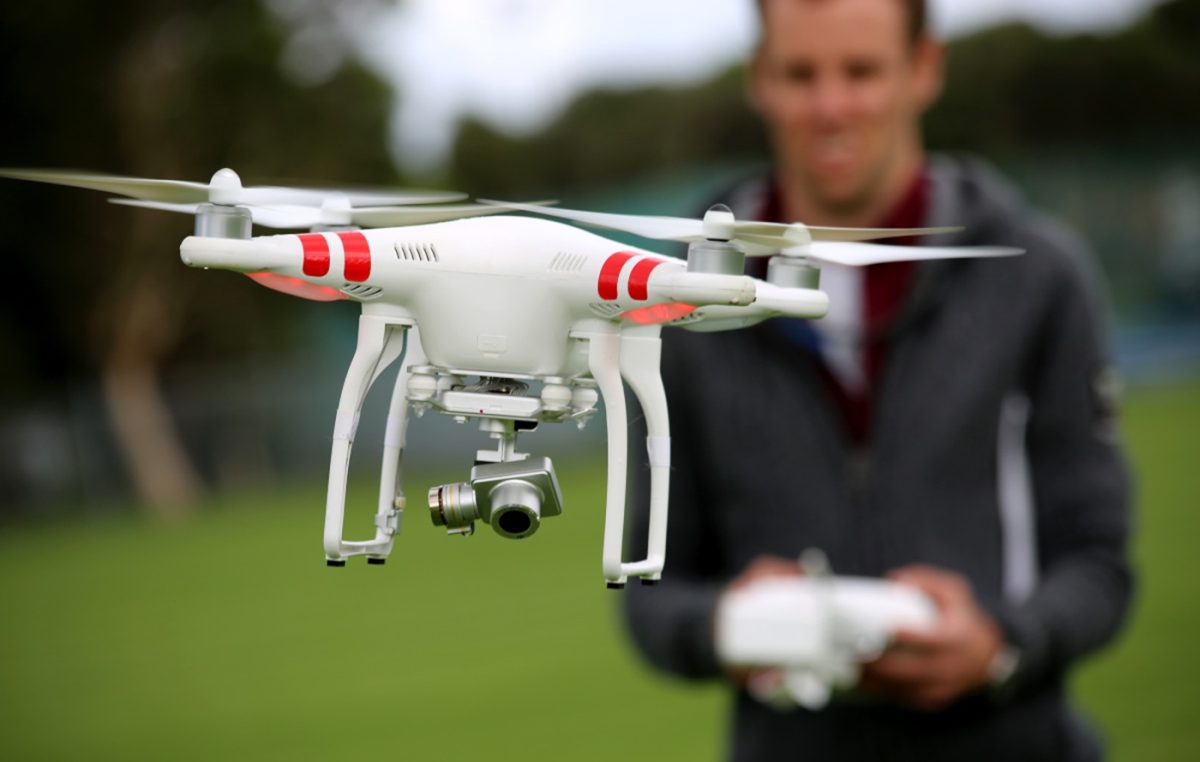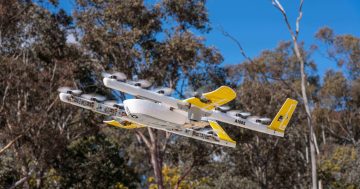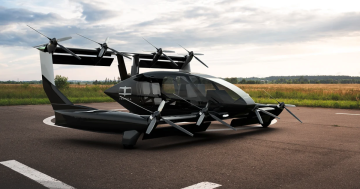
CASA says the number of licensed drone operators has increased from 12,800 in mid-2019 to more than 33,388 in early 2024. Photo: CASA.
There are now more licensed drone pilots operating in Australia than pilots of conventional aircraft, according to the Commonwealth Aviation Safety Authority (CASA).
In her speech to the RPAS in Australian Skies 2024 conference in Canberra last week, chief executive officer and Director of Aviation Safety at CASA Pip Spence said, as of 20 February, there were 33,388 remote pilot licences (RePL) in Australia compared to 30,843 conventional pilots.
The year’s main event for the Australian Association for Uncrewed Systems (AAUS), the conference has established itself as a landmark for the Australian drone industry.
Attendees include government agencies, regulatory and safety bodies, the Australian Defence Force and foreign militaries, Remotely Piloted Aircraft Systems (RPAS) and Unmanned Aircraft Systems Traffic Management (UTM) representatives, academia and drone operators.
Ms Spence said the number of RePLs in Australia had almost tripled from 12,800 since mid-2019, and risen by more than 50 per cent from almost 22,000 in June 2021.
She said the growth was underscored by a recently released report compiled for Airservices Australia which predicted drone flights would grow by 20 per cent a year to 60 million annually by 2043.
“And there seems no limit to the range of RPAS applications,” she said. “From medical, food and goods deliveries, to agriculture, mining and beach patrols.”
Other applications include multi-spectrum land use analysis, bushfire and flood mapping, the monitoring of powerlines and obstructions such as tree growth, wildlife and stock tracking, law enforcement, news gathering, infrastructure inspection, and safely inspecting items at height such as aircraft tails and buildings.
The ADF has increased its application of drones over the past decade, from initially having remote piloted aircraft fitted with sensors to now testing and operating armed uncrewed aircraft, maritime surface and underwater drones, and optionally crewed armoured vehicles.
Anyone can apply for an RePL. A licence is required for an individual or business that holds a remotely piloted aircraft operator’s certificate (ReOC), or if you want to fly a drone or remotely piloted aircraft (RPA) that weighs more than 25 kg but less than 150 kg over your own land.
RePLs show the drone type and weight category the licence holder can fly. These categories include less than seven kilograms, less than 25 kg, less than 150 kg (type-specific ratings only), and more than 150 kg (type-specific ratings only).
The larger drones are typically operated by the military, although some civil and commercial drones are starting to reach weights of 150 kg or more. RePLs do not expire, and there is no minimum age to get a RePL.
“In many areas, Australia continues to punch above its weight in this technology,” Ms Spence said. “Recent examples include the first flight by an Australian-developed hydrogen fuel cell electric-powered drone.
“What were unusual and innovative drone approvals a few short years ago – drone light shows are a good example – are now relatively routine.”



















